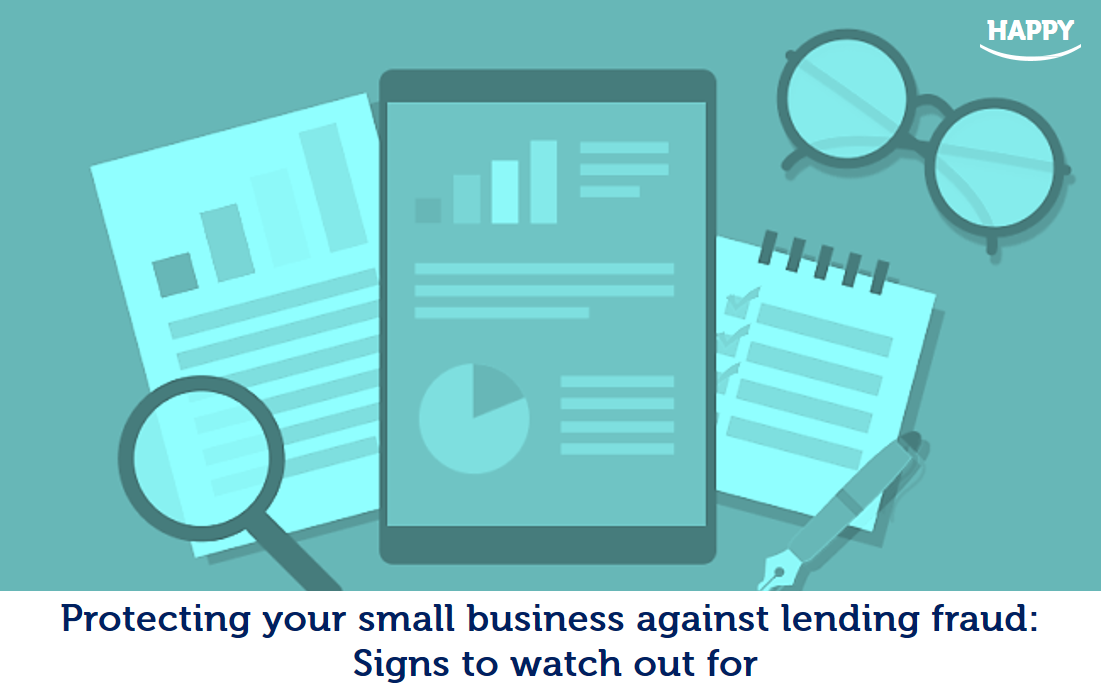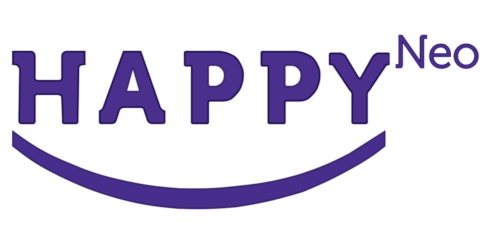The coronavirus pandemic and lockdown has put small businesses in a tight spot. Desperate for working capital, many are reaching out to lenders without checking their credentials leading to a spike in online frauds, as fraudsters are exploiting the rising demand for quick loans.

According to RBI data, loan frauds made up the highest percentage of all frauds in FY 2018-19. So, small businesses must be cautious and avail loans only from legitimate lenders to avoid falling prey to scams.
Loan scams that you should be aware of
Moratorium – Fraudsters are currently capitalizing on the 3-month moratorium granted by the RBI, to help ease the loan burden on consumers. This has given scammers the perfect opportunity to defraud customers.
They call up posing as bank officials and ask for the borrower’s bank details, OTP etc., assuring them that their EMI would be postponed.
Loans from third parties – Calls are made by fraudsters offering loans from third parties in return for upfront payments. Desperate customers whose applications have been rejected by several lenders fall prey to scams like these and are made to pay money for application and processing fees, for promised loan approvals.
Guaranteed loan approval – Scammers guarantee loans with no eligibility criteria and offer a credit score check, in exchange for a fee.
Fake sites – Fake internet lending sites, imitating the interface of well-known brands and NBFCs are created, and then circulated through social media networks. Borrowers, looking for quick loans, fall for these baits, failing to differentiate between real and fake. Customers fill their details on these sites, which are maliciously used by fraudsters. Calls are then made to the customers to extract sensitive financial information, which is used to rob them of their hard-earned money.
Phishing –
Urgent need for loans forces borrowers to click on emails and text messages offering instant loans. Victims are lured to divulge their banking passwords and credit card details, and end up losing money.
Vishing (Voice phishing) – Scammers call, pretending to represent reputable lenders and collect personal financial details. Victims are promised pre-approved loans exceeding INR 5 lakhs, with just a few bank account details needed to sanction the loan. Customers are asked to maintain a certain account balance for smooth EMI payments, once the loan is sanctioned. And before you know it, your bank account gets wiped out.
Cheap loans – Scammers call borrowers, promising cheap loans, and give out details on other loans availed by them. Often, unscrupulous employees of reputed financial institutions offer this information to scammers to make quick money. Borrowers pay the upfront fees for loans and never get the approval.
Tips to stay safe from loan scams
Here are some easy tips you should follow to keep your money safe during the ongoing crisis:
- Check the domain name of the lender’s website and ensure that the URL has ‘https’ and a lock icon. A legitimate lender has an encrypted online loan application page.
- Never click on suspicious emails or part with sensitive banking details to anyone over a phone call. Reputed lenders always check eligibility and credit score before offering you a loan. Also, entities like Happy, a fast growing fully digital lending fintech, collect PAN card details, driving license and bank account details only as identity and address proofs. Sensitive data is never shared with third parties.
- Currently, fraudsters are exploiting tight liquidity conditions caused due to the pandemic, to prey on small businesses. As a solution, Happy has launched a completely reliable lockdown loan for small businesses which has to be repaid after 6 months. In the unfortunate event of the owner getting diagnosed with COVID-19 during the loan tenure, the entire loan is waived off. Happy leverages AI and machine learning along with strict protocols, to offer instant, low ticket unsecured loans to small businesses. So, consider the same if you need immediate funding.
Conclusion
Genuine lenders always have a transparent loan application process. Loan processing fees are mentioned in the loan agreement and deducted from the total loan amount, and not as upfront charges. Loans are approved only after checking your eligibility and credit score. So, if a lender doesn’t disclose details of the loan application and appraisal, reject them immediately to prevent frauds.






